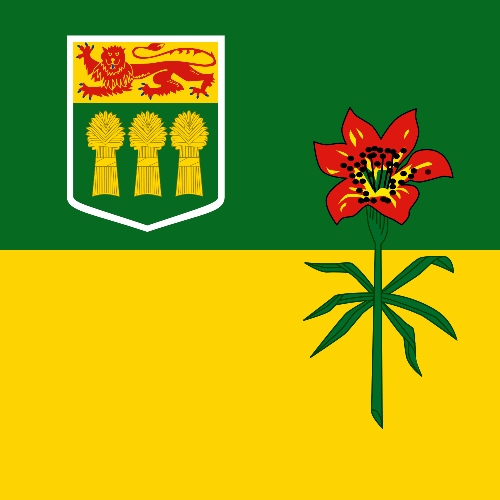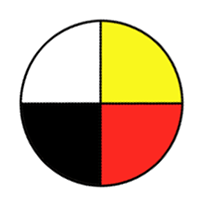English Language Arts 6
Compose and Create
Students will develop their abilities to speak, write, and use other forms of representation to explore and present thoughts, feelings, and experiences in a variety of forms for a variety of purposes and audiences.
CC
Outcomes
|
|
| Create various visual, multimedia, oral, and written texts that explore identity (e.g., Your Choices), social responsibility (e.g., Looking for Answers), and efficacy (e.g., Systems for Living). |
|
|
| Select and use the appropriate strategies to communicate meaning before (e.g., identifying purpose and audience), during (e.g., acknowledging sources), and after (e.g., revising to enhance clarity) speaking, writing, and other representing activities. |
|
|
| Use pragmatic (e.g., function and purpose), textual (e.g., paragraphs), syntactic (e.g., complete sentences with appropriate subordination and modification), semantic/lexical/morphological (e.g., figurative words), graphophonic (e.g., spelling strategies), and other cues (e.g., appropriate volume and intonation) to construct and to communicate meaning. NOTE: Italicized text refers to those indicators that are emphasized at this grade level. |
|
|
| Create and present a variety of representations that communicate ideas and information to inform or persuade and to entertain an audience, including illustrations, diagrams, posters, displays, and cartoons. |
|
|
| Use oral language to interact appropriately with others in pairs, and small and large group situations (e.g., asking questions to explore others' ideas and viewpoints, discussing and comparing ideas and opinions, completing tasks and contributing to group success). |
|
|
| Use oral language appropriately to express a range of information and ideas in formal and informal situations including presenting an oral report based on research, a demonstration, and a short dramatization. |
|
|
| Write to describe a place; to narrate an incident from own experience in a multi-paragraph composition and in a friendly letter; to explain and inform in multi-step directions and a short report explaining a problem and providing a solution; and, to persuade to support a viewpoint or stand. |
|
|
| Experiment with a variety of text forms (e.g., a peer interview, presentation at an assembly, poem, letter to parents, short review, poster, tableau, graphic organizer) and techniques (e.g., surprise ending). |
|
|
| Prepare a teacher-guided inquiry report related to a stand on a topic, theme, or issue studied in English language arts. |
Loading...


R101663
Stories of Courage: Saskatchewan Second World War Veterans Remember
This series of eight videos presents the personal stories of 17 Saskatchewan residents who served during the World War II.
- Aboriginal War Experiences. Episode 5
- Commemoration. Episode 8
- HMCS Regina. Episode 3
- Price of Freedom. Episode 2
- Prisoners of War. Episode 4
- Soldiers Return Home. Episode 7
- Supporting the Troops. Episode 6
Price :
Free




Record posted/updated:
January 6, 2026
